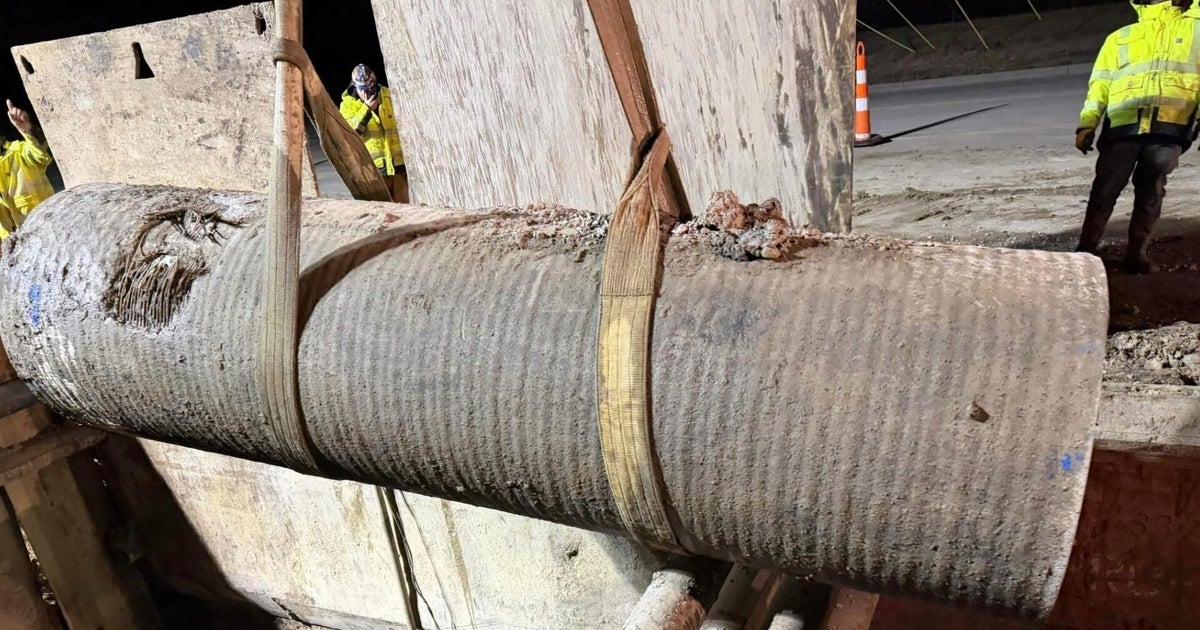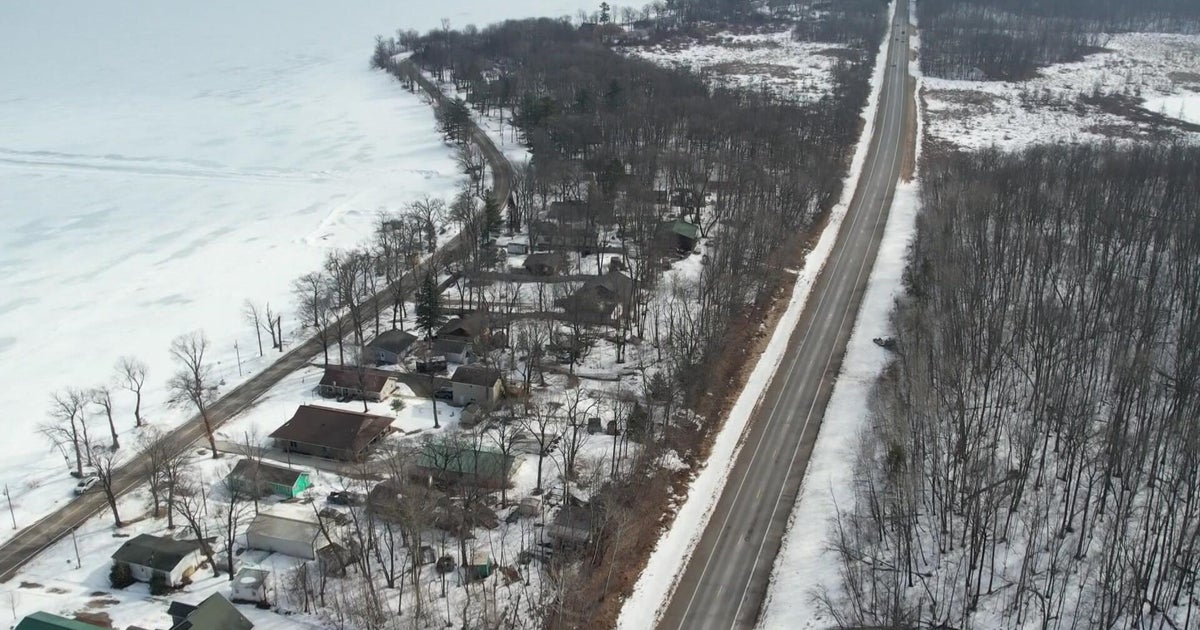Lake Swimmers Extra Cautious After Drowning At North Av. Beach
CHICAGO (CBS) -- Swimmers at North Avenue Beach were taking extra precautions on Wednesday, a day after a 14-year-old boy drowned while swimming there.
Lifeguards at the beach were being extra cautious after Jorge Sosa drowned Tuesday afternoon, but the bottom line is it can happen anytime, anywhere. That's why officials warn swimmers to always know the water they are swimming in.
CBS 2's Marissa Bailey reports North Avenue Beach lifeguards start every day with a meeting, before assignments are handed out, and lifeguards hop on their perches, as well as on rowboats on the lake to hopefully start a safe day on the water.
Even with lifeguards on duty, many beachgoers know it's not perfectly safe in the water.
Amanda Mejia said she keeps her 2-year-old son Jacob in a swim aid, just in case he has trouble in the water.
She also said she stays "very close, within an arm's reach" whenever her kids are in or near the water.
Jamie S.'s kids play near the water without floatation devices, but she said she's always watching closely.
She also said her kids have had lots of swimming lessons.
"A couple years' worth," she said. "So they do pretty good, but this is a whole still-unknown body of water."
Chicago Fire Department Deputy District Chief Ron Dorneker said, "Water is dangerous, and you just have to really keep an eye on your kids at all times when you're at the beach, especially younger kids."
Dorneker said cold water temperature can zap a swimmer's strength, and a strong undertow can pull someone under the surface, and drag them straight out from the shore in an instant.
"You don't ever want to swim against an undertow. What we tell people to do is swim parallel to the shore. If you just swim parallel to the shore when you're caught in an undertow … it's gonna eventually release the water pressure, and you're gonna be able to come back in to the shoreline."
Dorneker said swimmers can get into trouble in a matter of seconds, and beachgoers might never know something happened, especially with large numbers of people in the lake.
"What happens there is the victim just slips under the water, and there may not be any cry for help, or splashing, or anything else," Dorneker said.
He said beach visitors should always check with a lifeguard to get a handle on conditions before going into the water. Dorneker said even the best swimmers can get in trouble.







